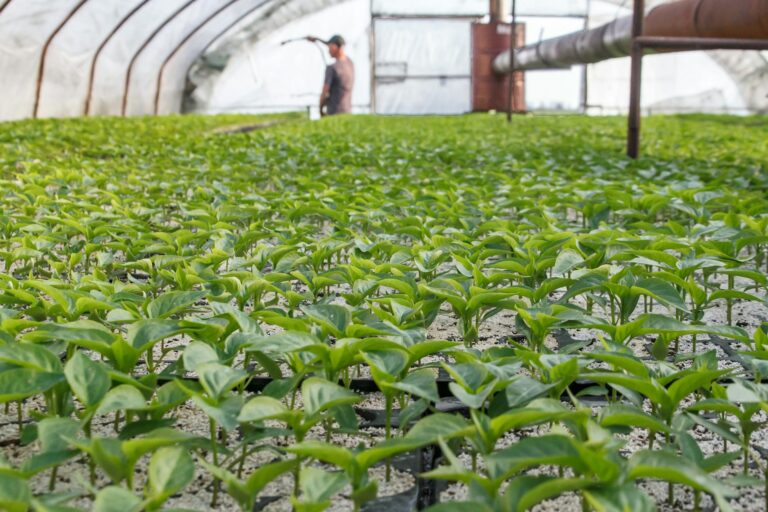Sustainable farming practices are becoming increasingly important as we face challenges such as climate change, soil degradation, and food insecurity. Organic crop rotation is one such practice that can significantly improve agriculture by supporting soil health, reducing pests and diseases, and increasing crop yields in a sustainable way.
Organic crop rotation involves alternating the type of crops grown in a particular field over multiple growing seasons. This practice helps to break the cycle of pests and diseases that can build up over time when the same crop is grown repeatedly in the same soil. By rotating different crops, farmers can disrupt the life cycle of pests and reduce the need for chemical pesticides.
In addition to pest control, organic crop rotation also improves soil health by fostering a diverse range of beneficial microorganisms. Different crops have different nutrient needs, and by rotating crops, farmers can ensure that all nutrients are evenly distributed throughout the soil. This helps to prevent nutrient depletion and maintain soil fertility over time.
Furthermore, organic crop rotation can help to improve water retention and reduce erosion. By planting crops with different root systems, farmers can improve the structure of the soil, making it more resilient to drought and erosion. This can help to conserve water and prevent soil degradation, ultimately leading to more sustainable farming practices.
In addition to environmental benefits, organic crop rotation can also have economic benefits for farmers. By diversifying their crops, farmers can reduce their reliance on a single crop and decrease their vulnerability to market fluctuations. This can help to stabilize income and improve the overall resilience of the farm.
Overall, organic crop rotation is a valuable practice that can improve agriculture in a sustainable way. By supporting soil health, reducing pests and diseases, and increasing crop yields, organic crop rotation can help to ensure the long-term viability of farming while also protecting the environment. As we continue to face challenges in agriculture, it is more important than ever to prioritize sustainable farming practices such as organic crop rotation.
